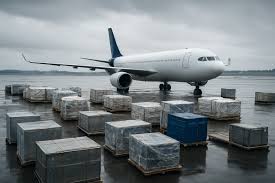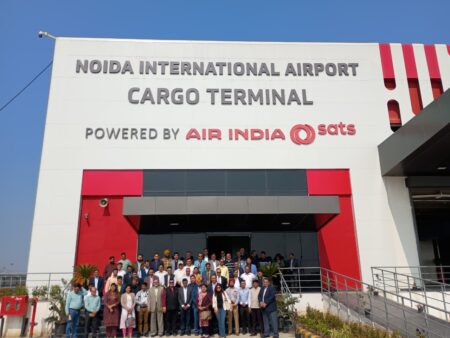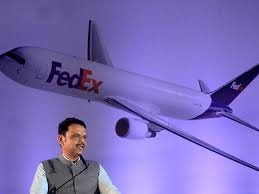The air cargo industry stands on the cusp of transformative growth, driven by digital innovation, e-commerce, and global trade demands. Yet, complex challenges demand innovation and collaboration. Afzal Malbarwala, Founder and Managing Director, Galaxy Freight shares insights shaping its promising future.

Governments play a crucial role in shaping the future of air cargo
The air cargo industry is experiencing remarkable growth, thanks to advancements in digital tools and automation. These technologies have reduced errors and made operations smoother. The rise of e-commerce and pharmaceuticals has further boosted demand, with dedicated cargo fleets enhancing capacity. The future looks promising as investments in emerging markets and sustainable aviation fuels (SAF) take centre stage.
Tackling major challenges
Despite its growth, the industry faces hurdles such as limited capacity, outdated infrastructure, and complex regulations. The rapid increase in demand has magnified these issues. Additionally, cybersecurity risks remain a concern as digital tools become more prevalent. Geopolitical conflicts add another layer of complexity, disrupting supply chains and driving up costs. Overcoming these obstacles requires innovative approaches and efficient planning.
Dealing with geopolitical risks
Global tensions and trade disputes have disrupted well-established supply chains, causing delays and uncertainties. Afzal Malbarwala highlights how companies are adapting by rerouting shipments and restructuring sourcing strategies. He suggests that proactive planning and risk management can mitigate such challenges. Digital tools and real-time updates can also enhance collaboration between industry stakeholders, creating a more resilient system.
Shattering myths
Air cargo is often misunderstood. Many believe it is limited to high-value goods, uses unsustainable practices, or only handles small packages. In reality, air cargo carries about 35% of global trade value, including perishables and bulk items worth over USD 6 trillion. Sustainability efforts are also advancing, with airlines increasingly partnering to develop eco-friendly fuel solutions.
Embracing sustainability
The air cargo industry is making strides toward greener practices. Airlines are investing in sustainable aviation fuels and exploring electric and hybrid-electric aircraft. Carbon offset programs further demonstrate the industry’s commitment to reducing its environmental footprint while maintaining efficiency. These efforts underline a shift toward sustainable growth.
Government’s role in growth
Governments play a crucial role in shaping the future of air cargo. Simplifying regulations, investing in infrastructure, and fast-tracking trade agreements can create a supportive environment for the industry. Encouraging innovation and focusing on sustainability will also help the sector meet its goals, including achieving net-zero emissions.
A sky of opportunities
The air cargo industry is at a pivotal moment. By embracing innovation, addressing sustainability, and fostering collaboration, it can overcome challenges and unlock new possibilities. With government support and a commitment to efficiency, the industry is ready to connect the world like never before, driving economic growth and transforming global trade.










